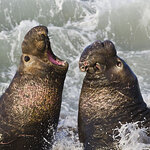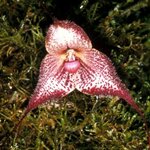
Plants often get shorted on attention among biologists. Don't get me wrong -- there is a huge scientific community of plant biologists, field botanists, and agronomists out there, and plenty of research is conducted on plants.
For the bulk of biologists, though, the most interesting questions are those which relate closely to our own species. It's hard to resist the draw of learning where we came from or potential medical miracles such as stem cell research. We can't really learn much about those kinds of things from plants.
Or can we?
Well, yes and no. Some…



